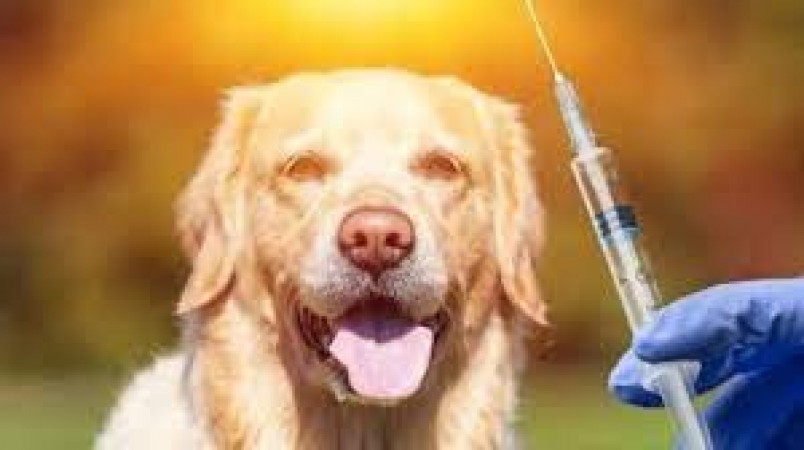
Dogs have earned their reputation as loyal companions and beloved pets. However, in rare instances, they may turn aggressive and bite. While such occurrences are infrequent, it's crucial to understand that even a minor dog bite can lead to severe consequences if not treated promptly. In this article, we'll explore the reasons why immediate medical attention is essential after a dog bite.
Dog bites can introduce harmful bacteria into the body. A dog's mouth is not a sterile environment, and a bite can lead to infections, such as cellulitis, abscesses, or even sepsis. Timely medical intervention can help prevent these potentially life-threatening complications.
Tetanus, a bacterial infection that affects the nervous system, can result from a dog bite. Since tetanus spores thrive in environments with low oxygen, a puncture wound, common in dog bites, creates an ideal breeding ground. Immediate treatment can include a tetanus shot to neutralize this risk.
Rabies is a deadly virus that can be transmitted through a dog bite. Early symptoms may be mild, but once clinical signs appear, it's almost always fatal. Immediate post-exposure prophylaxis (PEP) through a series of rabies vaccinations can prevent this deadly disease.
Proper cleaning and disinfection of the wound are crucial to prevent infection. Medical professionals will thoroughly cleanse the wound and may prescribe antibiotics to reduce the risk of infection.
If you haven't had a tetanus shot within the last five years, healthcare providers may administer one to prevent tetanus infection.
To assess the risk of rabies transmission, healthcare professionals will inquire about the dog's vaccination history and may recommend rabies PEP if there's any doubt.
Dog bites can be painful. Medical treatment may include pain relief measures to ensure your comfort during recovery.
Even after initial treatment, it's essential to monitor the bite site for signs of infection, such as redness, swelling, or discharge.
Experiencing a dog bite can be traumatic. Seek emotional support if needed, as addressing the psychological impact is just as crucial as the physical treatment.
It's essential to report the dog bite to local authorities or animal control. This helps track potentially dangerous dogs and prevent future incidents.
Understanding the legal aspects of a dog bite is vital. Depending on your location, the dog owner may be liable for medical expenses and other damages.
After a dog bite, take the opportunity to educate yourself and others about dog safety and prevention.
The clock is ticking when it comes to dog bites. Delaying medical attention can have dire consequences. Always err on the side of caution. In conclusion, a dog bite is not a matter to be taken lightly. Immediate medical attention is crucial to prevent infections, address potential rabies exposure, and ensure proper wound care. By understanding the urgency and taking prompt action, you can protect your health and well-being.
Foods to Treat Fatty Liver Disease
7 Heart-Healthy Foods: Enjoy in Moderation for Optimal Health